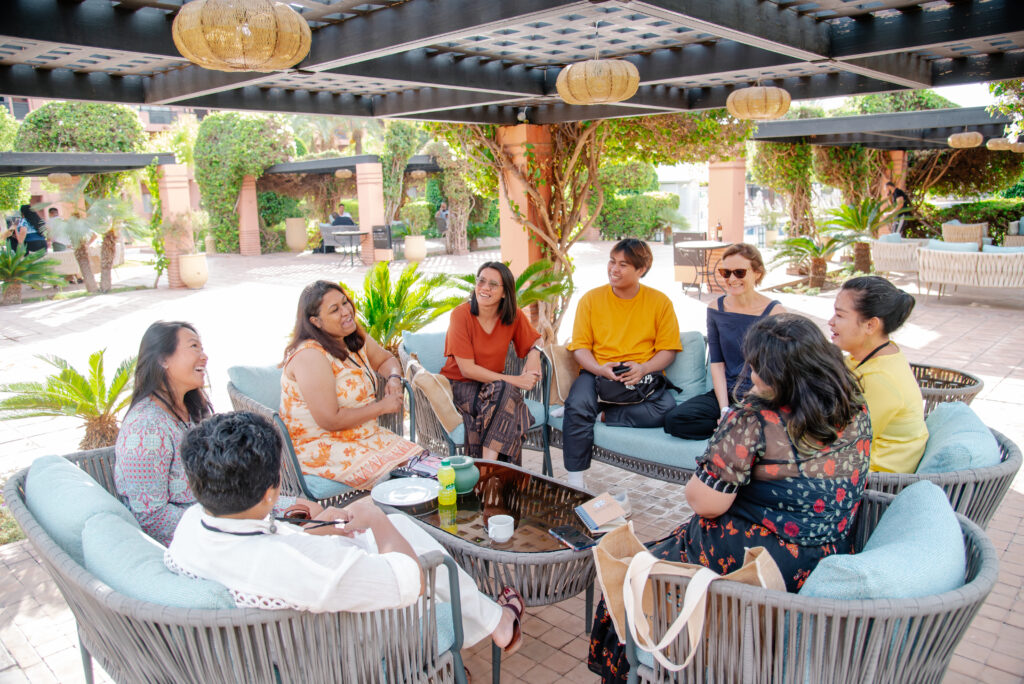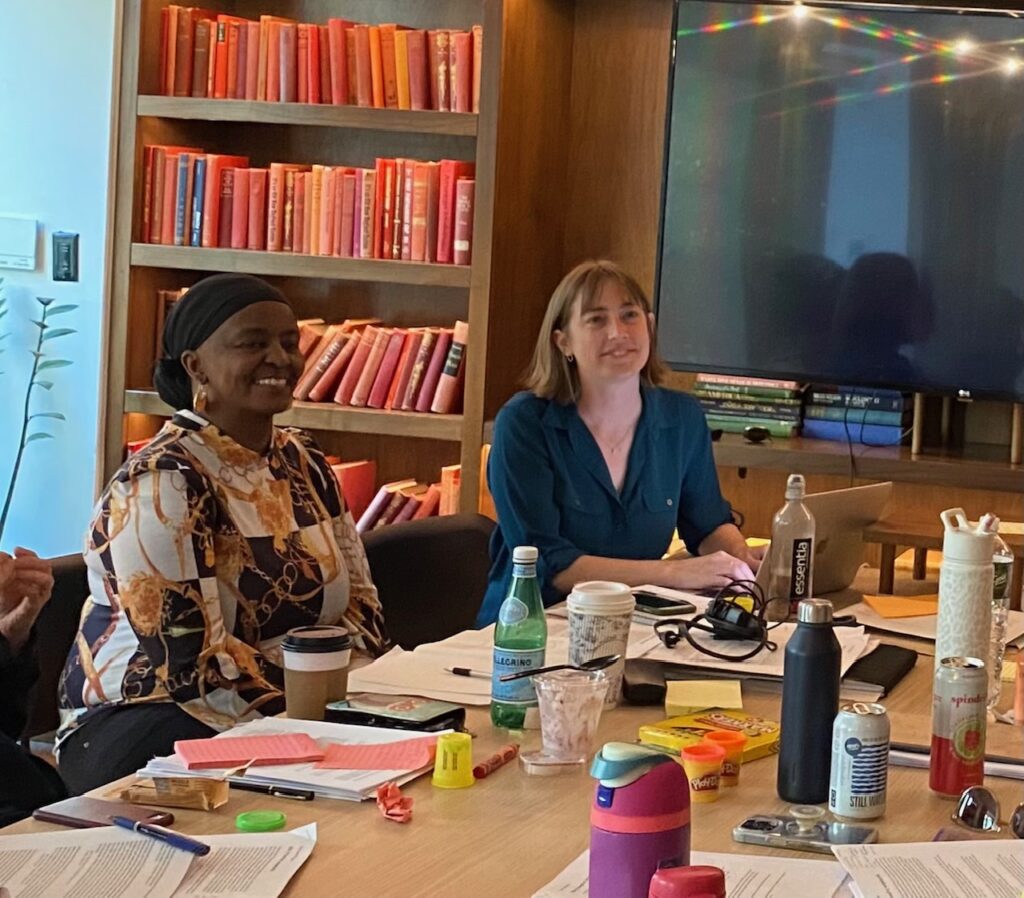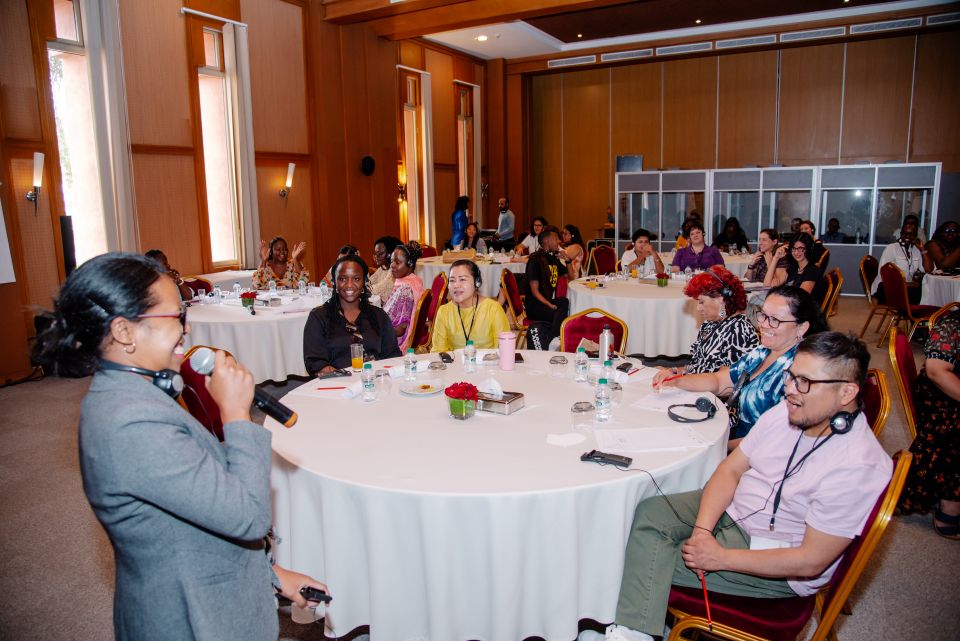International Day of the Girl 2021

Two years after WomenStrong launched our Learning Lab, our community partners are making progress for girls despite the pandemic
This International Day of the Girl, October 11, is a sober reminder of how much the hard-fought progress for the world’s 1.1 billion girls is in danger.
More than 1.5 million children have lost a parent or caregiver to the COVID-19 pandemic, leaving them at greater risk of poverty, hunger, and exploitation. The pandemic’s economic and social shocks are far reaching and potentially long lasting. Millions of girls have experienced increased violence, child marriage, and unintended pregnancy since COVID struck.
School can offer a refuge from life’s headwinds. But even though many classrooms have reopened worldwide, millions of adolescent girls have not yet returned.
In Uganda, for example, 1 out of every 10 girls in 10th grade didn’t return when schools reopened. In Kenya, 16 percent of the most vulnerable high school girls didn’t return when classes resumed.
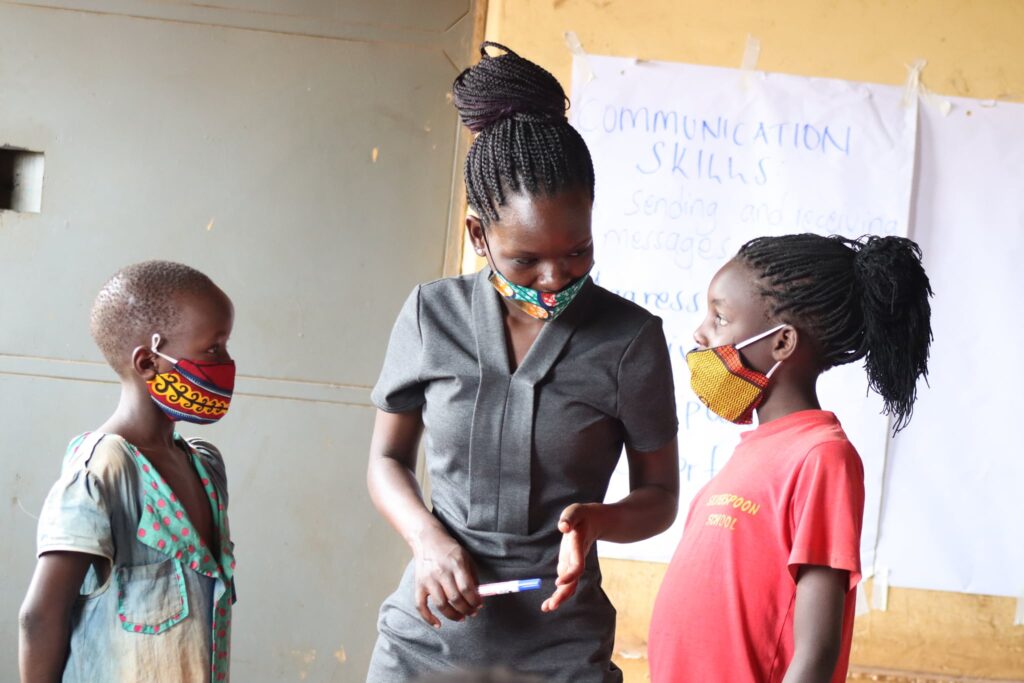
The challenges facing girls—especially adolescent girls—are not new. But the scale of the crisis is.
The pandemic has made investing in solutions, grounded in local needs and responses, more critical than ever. And because research has long demonstrated that every year a girl stays in school improves her life outcomes, getting girls back into school should be an important global priority.
When WomenStrong International launched our Girls’ Education and Empowerment learning cohort two years ago, our focus was on lifting up local solutions to help girls realize their full potential. We made a first round of yearlong grants to six women-led organizations working mostly with urban girls in Afghanistan, Guatemala, Malawi, Peru, Uganda, and Zimbabwe.
We renewed our commitment to this first round of partners to provide two additional years of financial and technical support as they work to keep adolescent girls in school and improve their life outcomes. In March 2020, these initial partners were joined by 12 more working to advance women’s health and prevent violence against women and girls.
The approaches advanced by WomenStrong’s Girls’ Education and Empowerment partners were varied and rooted in local needs and contexts. They brought girls together into empowerment clubs, offered gender sensitivity training for teachers, launched programs to engage men and boys, and provided training for young women in non-traditional occupations. These organizations also came together both in-person and online, to share what they were learning and to strengthen each other’s work through peer exchanges and training.
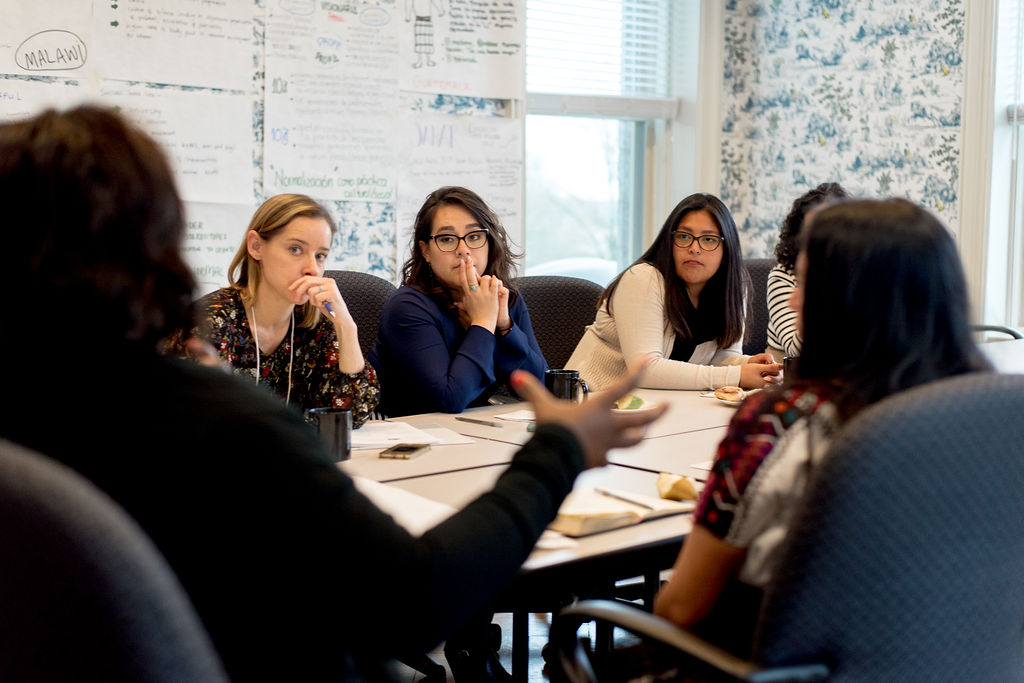
Then the pandemic hit, shutting down schools and other essential services, upending our partners’ work and WomenStrong’s own plans – and putting girls at further risk.
With their programs on hold, many of our partners became humanitarian responders almost overnight, to help their communities address and survive the COVID crisis.
The Girls’ Legacy in Zimbabwe, and Women’s Justice Initiative in Guatemala, for example, began distributing public health messages about COVID prevention information in local languages via text messages, posters, and community radio. Others, including Girl Up Initiative Uganda and Girls Empowerment Network (GENET) Malawi, distributed desperately needed food and hygiene products to girls and their families. Visionaria Network in Peru, and all of our grantees stayed connected with girls, families, and teachers to break through the pandemic’s isolation.
Once it was safe to do so, our partners resumed their programming, retooling to reach girls and their families online through WhatsApp messaging and Facebook, and via radio.
Eventually, all returned to their in-person activities, with masks and social distancing. In some communities, they offered the only opportunities for girls to come together as pandemic restrictions continued.
In Guatemala, for example, the Women’s Justice Initiative began in-person activities for girls about six months after schools had closed. Once parents understood the safety precautions put in place, including social distancing, masking, and smaller group sizes, parents gained confidence to send their girls back, and girls were eager to return to their sessions.
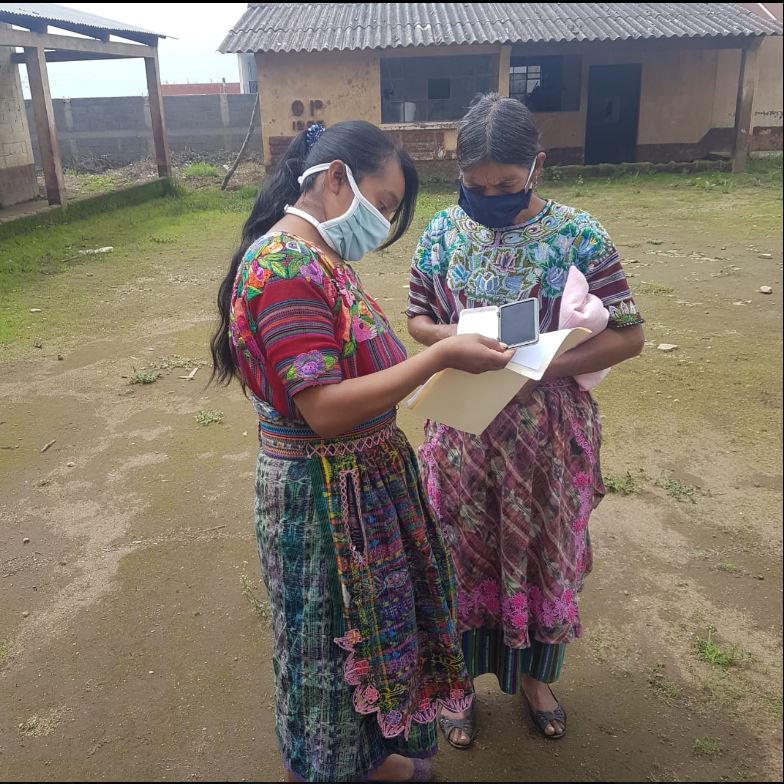
It’s a result that has been replicated again and again by many of our Learning Lab partners, who have gained trust within their communities, buy-in from families, and excitement from girls and other program participants.
Most of our partners have now resumed working with girls and their families, retooling and rethinking how best to meet current needs and bring girls and boys back into learning. Girl Up Initiative Uganda, for example, is now partnering with 60 teachers to offer a new community classroom in areas where there have been prolonged school closures. In these areas where reopening schools remains uncertain, they have found a solution to bring learning back.
WomenStrong and our partners couldn’t have predicted the COVID pandemic, nor the severe toll it would wreak on girls and their communities.
But moving into the third year of this partnership, we have seen the resilience, creativity, and commitment of each organization’s leadership and staff, who have dedicated their lives to supporting girls in times of crisis and in times of recovery.
This International Day of the Girl, we celebrate them, and the world’s girls.
